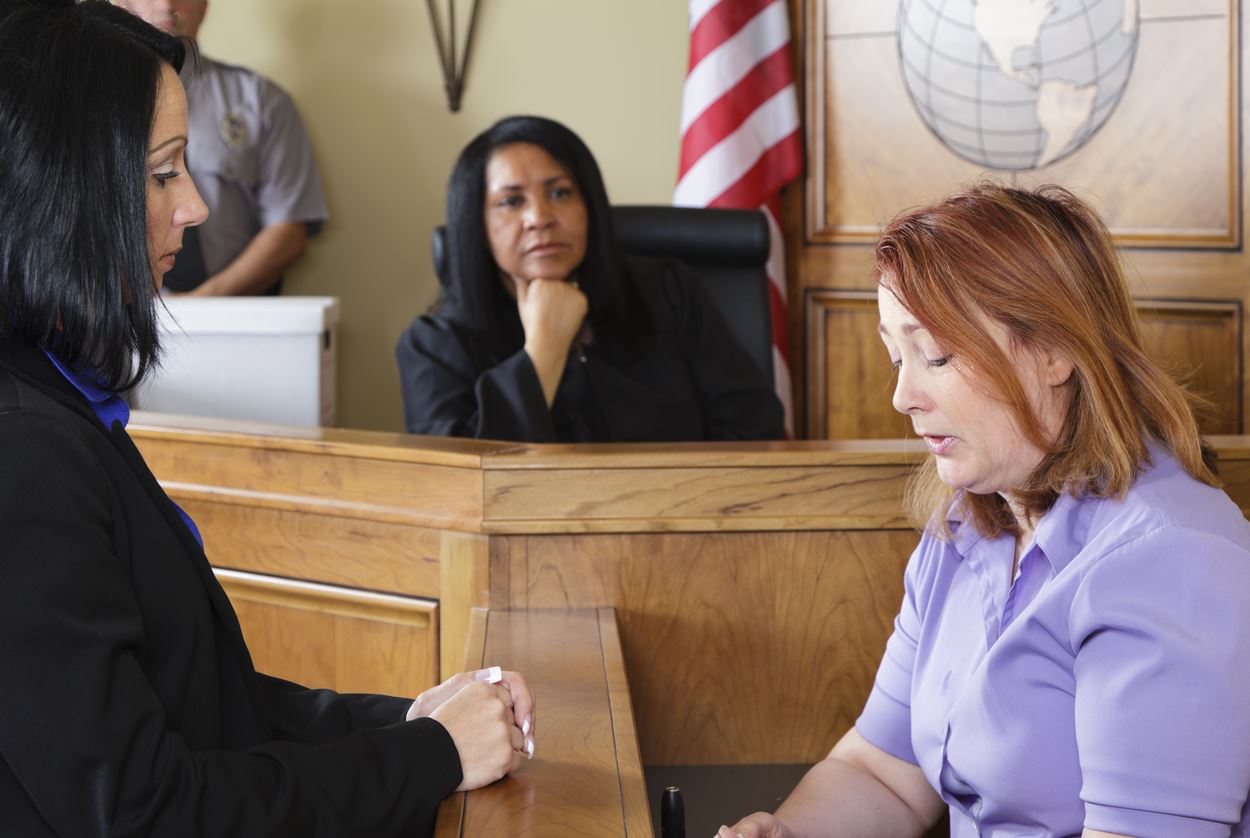Policies and regulations often shift from one presidential administration to another. Maybe the change reflects the current political climate or maybe the administration wants to have its stamp on legislation. Whatever the reason there is one constant we have come to expect: Things will change.
Even though Title IX is almost 50 years old, it continues to evolve through changing administrations and court decisions. One of the latest turns is eliminating the requirement for statements to be subjected to cross-examination before Title IX panels can consider it when rendering decisions in cases before them. This reversal has our defense attorneys at Parisi, Coan & Saccocio, PLLC frustrated by how due process is negatively impacted.
Importance of Cross-Examination
A Title IX hearing is not a criminal courtroom, but there are elements of criminal defense that are beneficial for getting to the truth. In cross-examination, the accused’s lawyer is provided the opportunity to question the validity and credibility of testimony offered against them. This hallmark of criminal defense was temporarily part of Title IX but has once again been stripped away.
In the 2020 amendments, which went into effect on Aug. 14, 2020, decision-makers in post-secondary cases were required to provide a live hearing where each party's adviser can “ask the other party and any witnesses all relevant questions and follow-up questions, including those challenging credibility.”
That provision and others were questioned in the lawsuit Victim Rights Law Center et al. v. Cardona. The lawsuit challenged the 2020 Title IX regulations on the grounds it violated the Administrative Procedure Act and the Equal Protection Clause of the Fifth Amendment. On July 28, a federal district court in Massachusetts upheld all 2020 provisions except for the cross-examination requirement. An Aug. 10, 2021, court order clarified that the decision to vacate that part of the regulations applied nationwide.
The Department of Education Office of Civil Rights (OCR) responded by issuing a letter on Aug. 24 to students, educators, and other stakeholders. The letter outlined the court decision, explaining that a decision-maker at a postsecondary institution may now consider statements made by parties or witnesses even if they do not participate in cross-examination at the live hearing.
Removing this requirement may give accusers an unfair advantage. As an adviser in Title IX hearings, we utilized cross-examination as a valuable tool to illuminate misstatements and inaccuracies. This change limits the ability of the accused to defend themselves or question the conclusions stated in reports and other documents.
More Title IX Changes to Come
OCR announced in an April 6, 2021, letter that it is undertaking a comprehensive review of the Department’s existing Title IX regulations, orders, guidance, and other actions as required by the current administration’s executive order. This process is ongoing, and OCR anticipates publishing a notice of proposed rulemaking to amend the Department’s Title IX regulations. The DOE hosted a five-day virtual hearing in early June to receive public input for revising these guidelines. We expect to see additional changes and guidance.
OCR also issued a question-and-answer resource offering clarification on the 2020 amendments, which remain in effect with the exception of the recently vacated provision on cross-examination.
What to Expect in a Title IX Hearing
When someone is accused of violating Title IX protections, an investigation begins. Every academic institution has a Title IX coordinator who oversees the process. The school is required by law to investigate all complaints. Title IX charges are not criminal charges, but those may be filed as well based on the situation. A Title IX hearing is then scheduled if the investigation warrants it. The accused is entitled to have an adviser, such as one of our attorneys, to guide them through the investigation and hearing. Schools vary on how they implement their Title IX process, so having knowledgeable representation is a must.
Unlike a criminal trial, some schools use “preponderance of the evidence” when deciding what action to take. This level of proof means that more likely than not (anything over 50%) the accused committed the misconduct. Any criminal process does not affect Title IX proceedings. Title IX decisions can be appealed on such grounds as procedural irregularities, conflict of interest of anyone involved in the process, or new evidence.
Stakes Are High in Title IX Cases
A prison or jail sentence doesn’t hang in the balance, but decisions during a Title IX hearing are damaging all the same. Employees can lose tenure, their jobs, and their ability to find work elsewhere. Students can be suspended or expelled and have their education and future derailed. Anyone accused of a violation should work with an attorney who has a dedicated focus on Title IX.
The pressure on schools to react boldly to sexual misconduct allegations is intense, which could deny defendants a fair process. At Parisi, Coan & Saccocio, PLLC, we have extensive experience in handling all types of Title IX cases.
If you or a loved one is accused of Title IX violations, contact us as soon as possible. Reach out by phone at (737) 200-2332 or through our online form.
